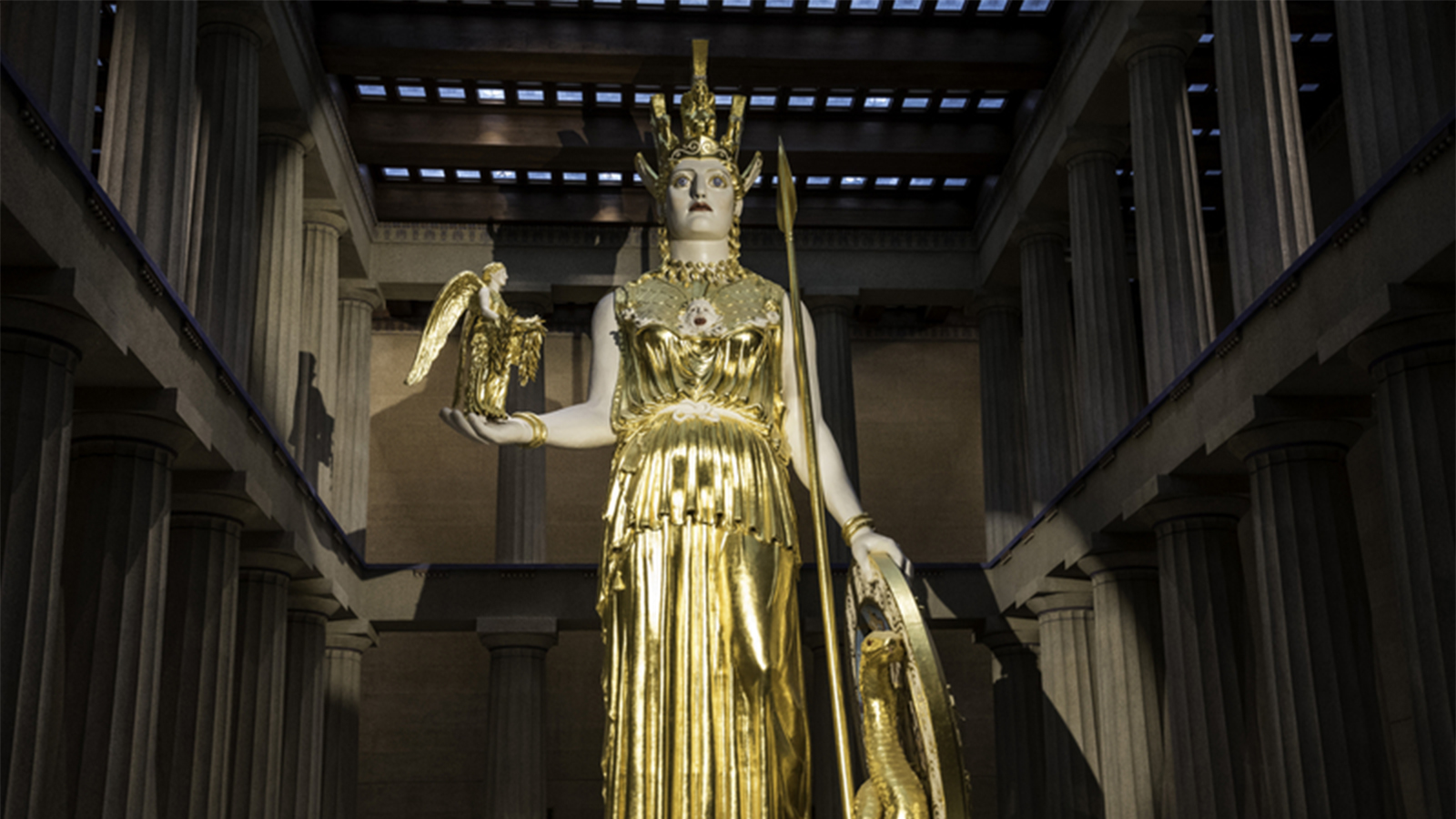The legacy of Athena, the Greek goddess of wisdom, continues to have a profound impact on popular culture today.
She is one of the twelve Olympian gods and goddesses that would go on to also be one of the most talked about.
Her wisdom and intellect is what people remember most about her myths, and she usually has an owl by her side, which was a symbol of intelligence in ancient Greece. She was frequently presented in art as a majestic figure, adorned with a helmet and a shield.
She’s also associated with many important cultural landmarks in Greece, including the Parthenon in Athens, which was dedicated to her as the city’s patron goddess.
Here’s a few more facts about Athena that might interest fans:
Beloved by Many
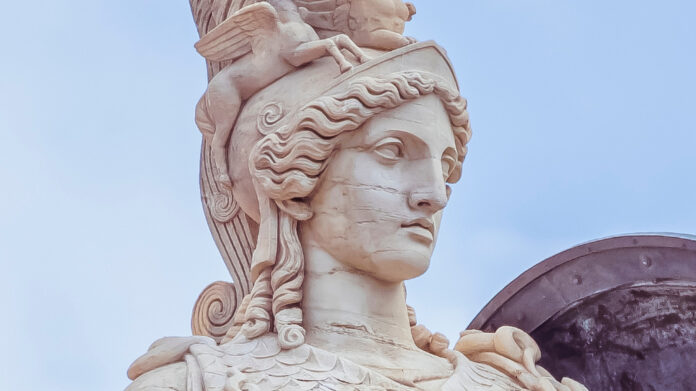
Athena was one of the most important gods in the Greek pantheon, and her temple was one of the most popular places of worship in ancient Greece. The temple was located on the Acropolis, a high hill in the center of Athens, and it was surrounded by a colonnade of Doric columns.
Inside the temple was a statue of the goddess, which was said to be made by the famous sculptor Phidias.
The temple was also home to a number of religious festivals, including the Panathenaea, which was held in honor of her. during this festival, Athenians would process through the city carrying offering to Athena’s statue.
The temple was also the site of the torch race, which was held every four years as part of the Olympic Games.
She was worshipped not just in Greece, but in other cultures too. The Celts saw her as a powerful deity and invoked her protection, while the Romans identified her with their own goddess Minerva.
In Egypt, she was worshipped as Neitha and credited with being at the helm of creation. What is really amazing is that despite all these different interpretations over the centuries, her core motifs of intelligence, valor and protection remain consistent.
She Loved the Arts
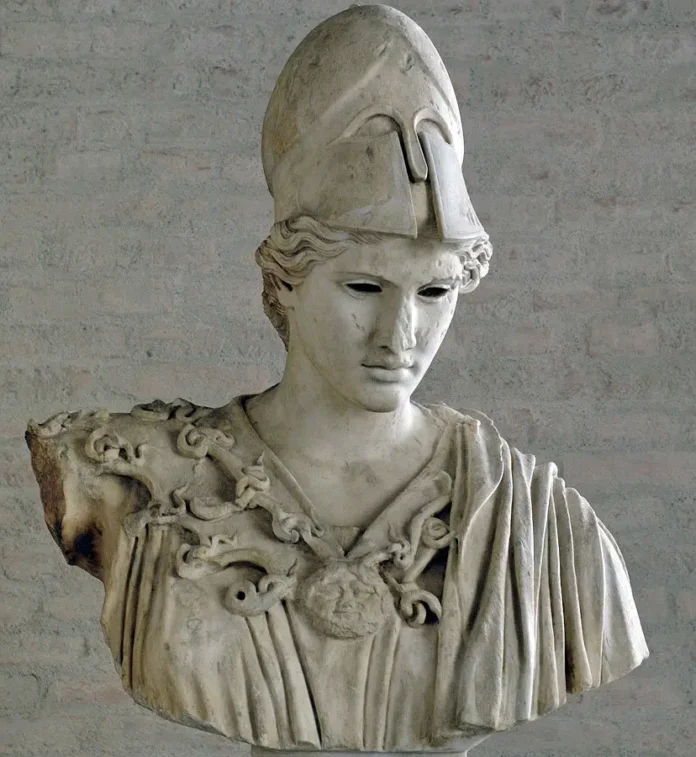
Her association with the arts was a significant aspect of her mythology.
Athena’s role as the patron of the arts was linked to her wisdom and intelligence, as well as her exceptional skills as a weaver and spinner.
She was believed to be the patron goddess of weavers, potters, and other artisans, and she was credited with teaching humans the skills needed to create and build.
As the goddess of weaving and spinning, she was often depicted with a spindle and a distaff, and her expertise in these crafts was widely admired by ancient Greeks.
Her artistic skills were not limited to weaving and spinning alone. She was also known for her musical abilities, and was credited with the invention of several musical instruments. According to Greek mythology, she created the aulos, a type of double-flute, and the lyre, a stringed instrument. Her musical abilities were often celebrated in music festivals and competitions, where she was regarded as the ultimate judge.
Her patronage of the arts was further strengthened by her connection with the city of Athens, which was regarded as her sacred city.
She Loved Helping Her Friends
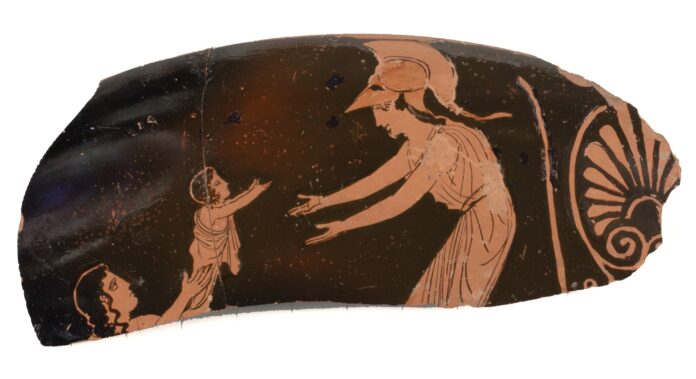
Other facts about Athena that many people might not know about include how she loved to help her friends in times of need.
All throughout Greek mythology, she was often depicted as a protector and advisor to those she cared for, offering her wisdom and guidance whenever it was needed.
One of the most famous examples of Athena’s devotion to her friends was her relationship with the hero Odysseus. In Homer’s epic poem, the Odyssey, she aids Odysseus on his journey home from the Trojan War, disguising herself as a mortal woman and guiding him through various trials and challenges.
Her aid and counsel were crucial in helping Odysseus overcome his obstacles and reunite with his family.
Another story about her love for friends involved her relationship with the mortal woman Alcmene. According to legend, Alcmene was the mother of the hero Heracles, and Athena aided her during Heracles’ birth. When the goddess Hera attempted to harm Alcmene and her newborn son, the goddess intervened, protecting them from harm and ensuring their safety.
Gentle Goddess of War
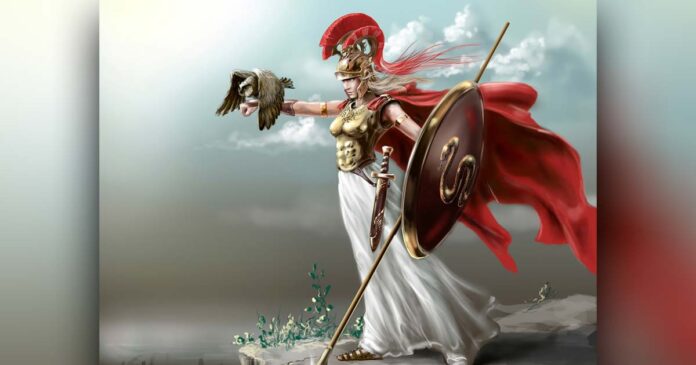
While Athena and Ares were both associated with warfare, they had vastly different approaches to it. The goddess was known for her strategic thinking, and her ability to plan and execute battles with precision and thoughtfulness. She was seen as a responsible and rational figure, who used warfare as a means to achieve a greater goal.
In contrast, Ares was often seen as a reckless and impulsive figure, who reveled in the chaos and violence of war. He was associated with the more destructive and savage aspects of warfare, and was often portrayed as a god who enjoyed fighting for its own sake.
The goddess was often seen as a deity who tried to minimize violence whenever possible, using her wisdom and judgment to find peaceful solutions to conflicts. In contrast, Ares was often seen as a figure who glorified violence, and who saw it as a way to achieve personal glory and power.
She is still honored in Athens through art, architecture, and festivals. The Acropolis, a hilltop citadel that was once the site of her temple, is one of the most popular tourist attractions in Greece.
And there are many organizations and groups that bear her name. Given her continued prominence in culture and history, it is clear that she remains relevant today. Anyone can get more facts about her at judithlaura.com.
Feminist Hero
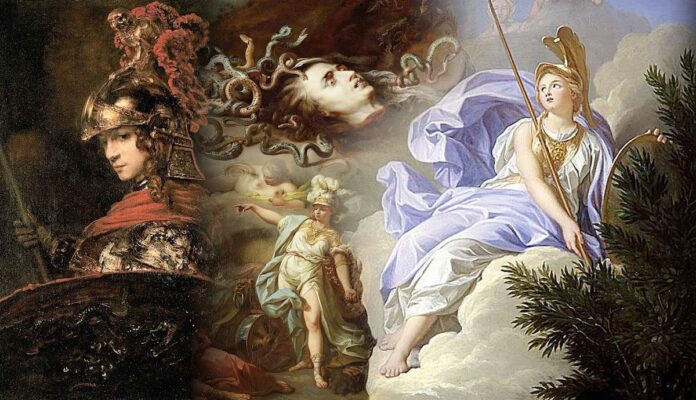
One significant aspect of Athena’s legacy is her role as a feminist icon.
As a powerful goddess who was revered for her intelligence and strength, she continues to serve as a symbol of female empowerment and resilience. In particular, her depiction in popular media often emphasizes her bravery and resourcefulness, making her a role model for young women.
And no one can forget the fact that she was one of the first female deities that was known to defeat or outmaneuver the powerful male gods.
She is also a popular character in fantasy and science fiction novels, often portrayed as a wise mentor or powerful warrior. Many modern-day heroines in popular culture are modeled after Athena, embodying her strength, intelligence, and strategic thinking.
Her legacy has influenced many other aspects of modern culture. Her name is often used for businesses, products, and even space missions. The owl, which is a symbol of wisdom and knowledge, is also a popular motif in various logos and branding.

